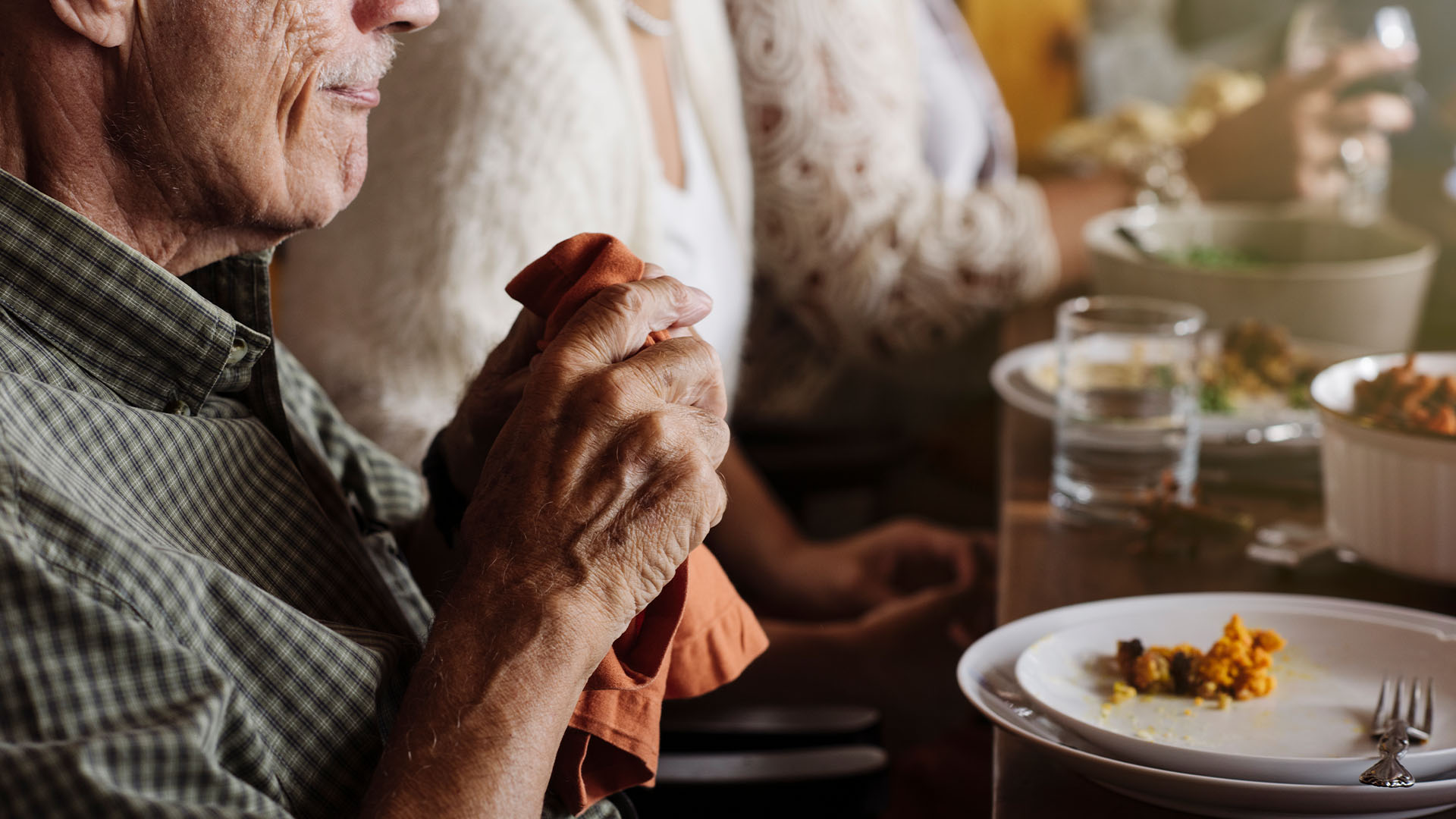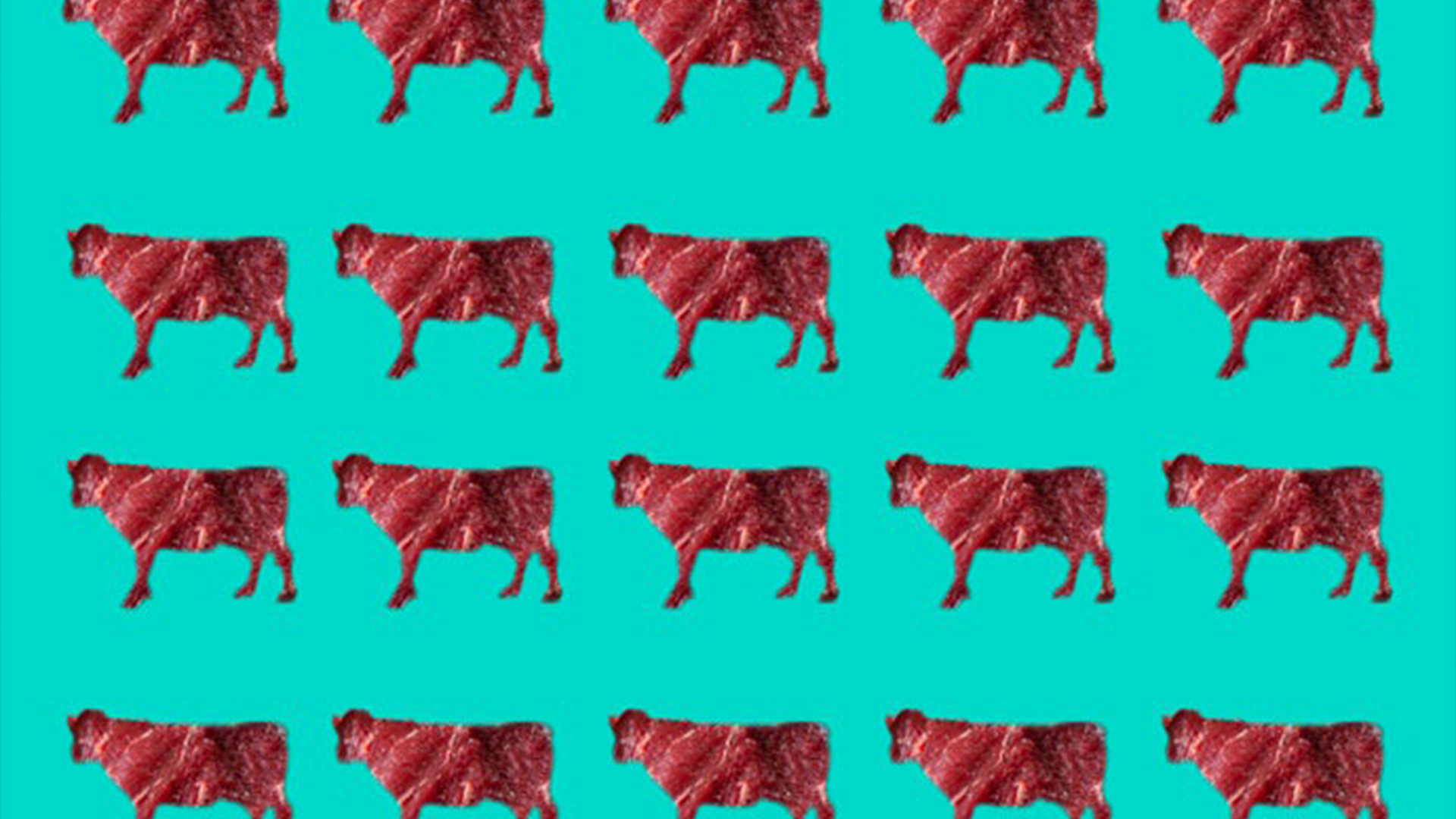Nutrition Science
Latest about Food & Diet
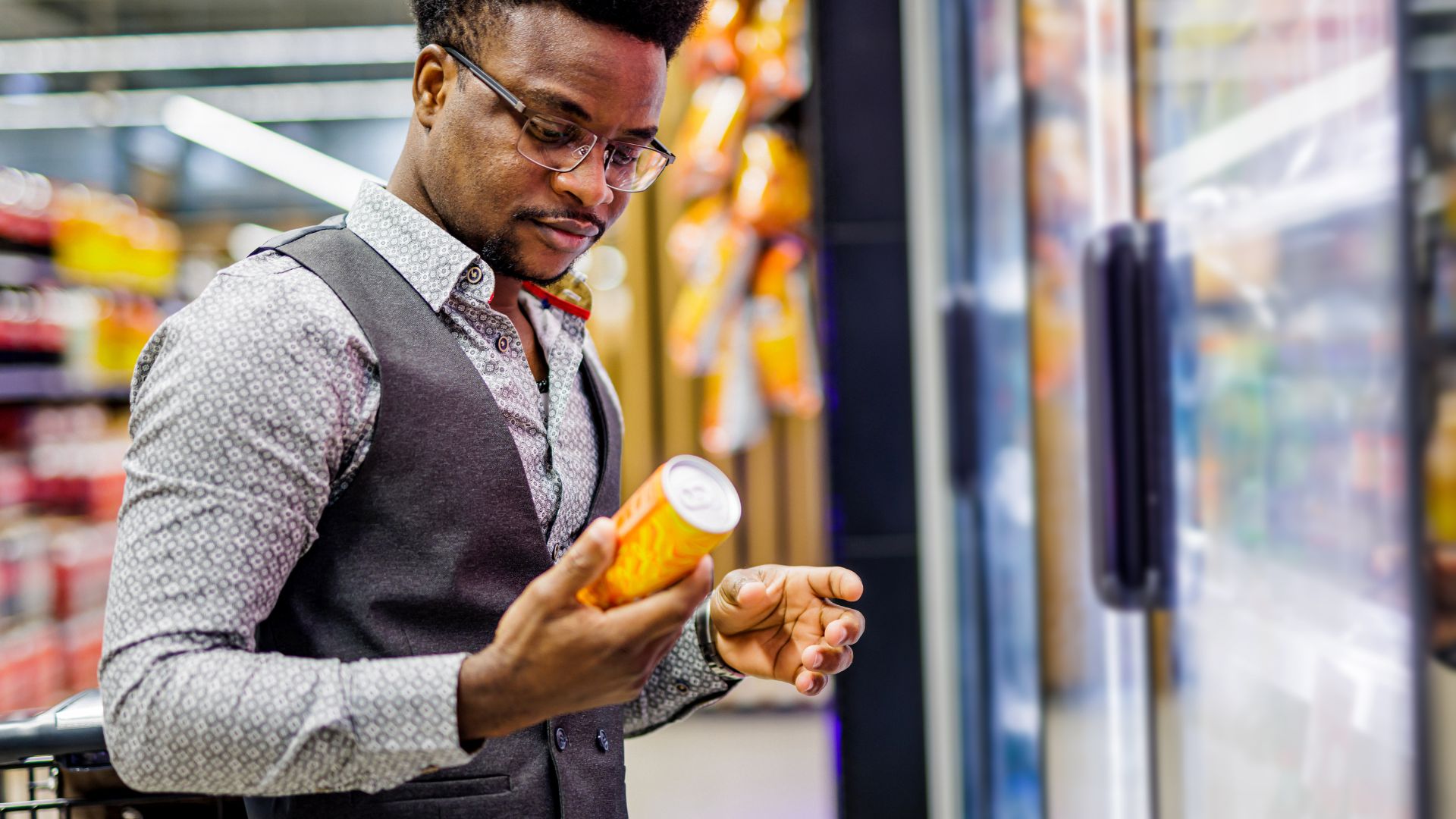
What is brominated vegetable oil, and why did the FDA ban it in food?
By Nicoletta Lanese published
The FDA will no longer allow BVO in food due to safety concerns revealed in studies.
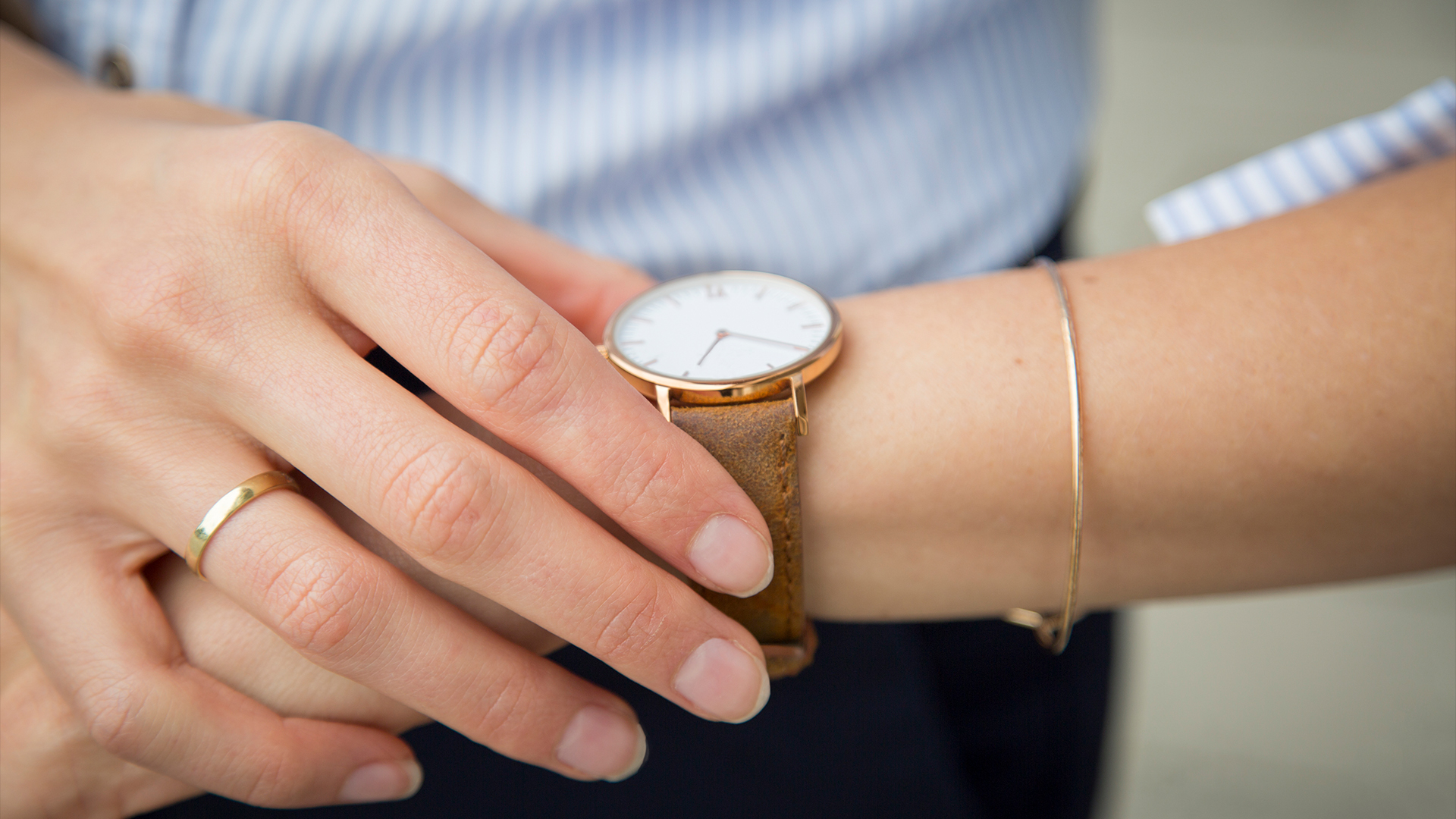
8-hour intermittent fasting tied to 90% higher risk of cardiovascular death, early data hint
By Kelly Carroll published
A study followed participants for about eight years and found an increased risk of death in those who practiced intermittent fasting. But more data is needed.
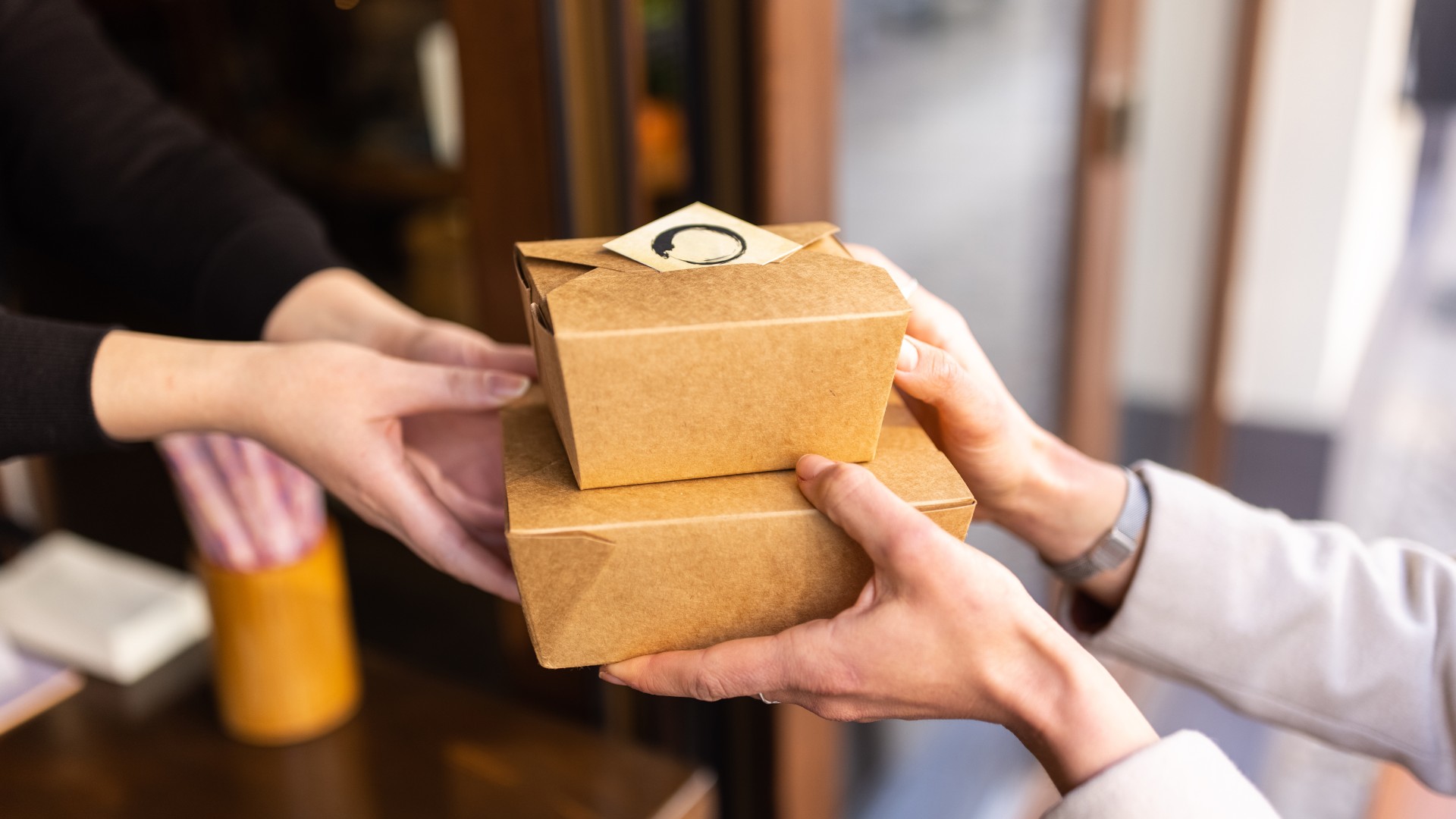
PFAS 'forever chemicals' to officially be removed from food packaging, FDA says
By Emily Cooke published
New food packaging products sold in the U.S., such as takeout boxes and fast-food wrappers, will no longer contain harmful "forever chemicals" known as PFAS.

Risk of AFib tied to sugary and artificially sweetened drinks
By Jennifer Nalewicki published
A study links drinking sugary sodas and artificially sweetened beverages to an increased arrhythmia risk.
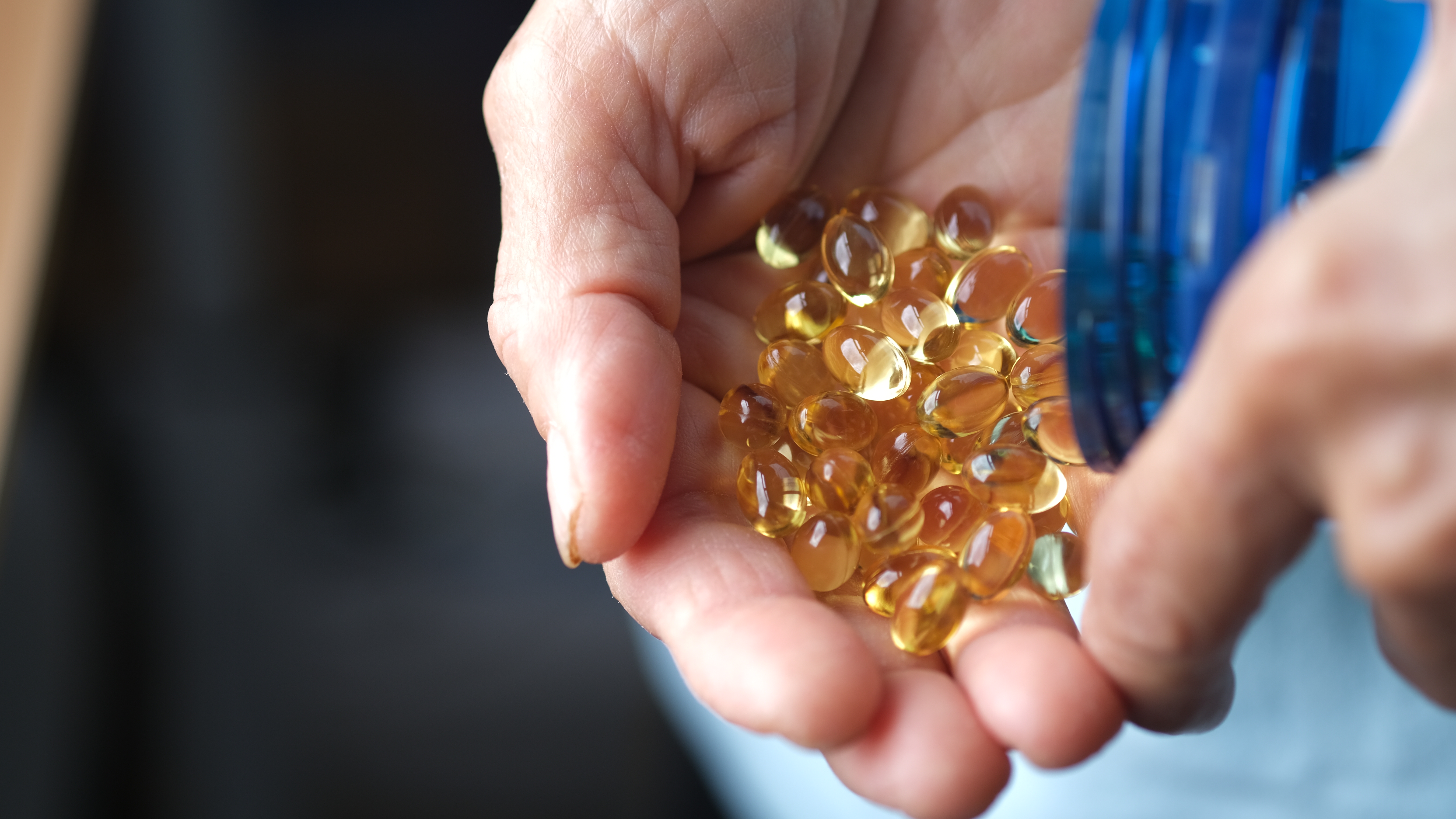
Is it possible to have too many antioxidants?
By Clarissa Brincat published
Antioxidants have long been touted as disease-fighting molecules, and it's easy to assume that the more of them you eat, the healthier you will be. But research shows that larger doses can actually be harmful.
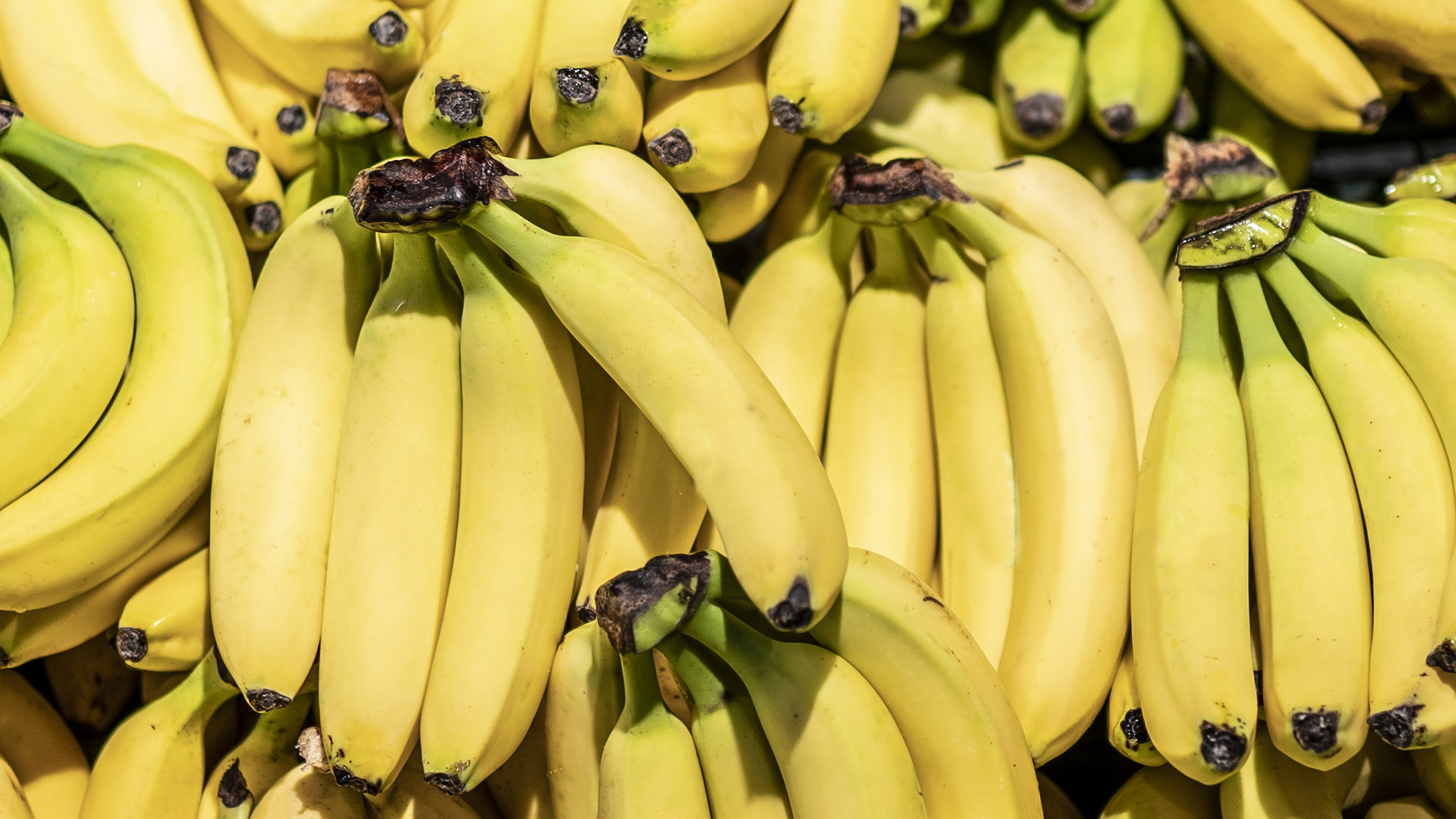
Why are bananas berries but strawberries aren't?
By Laura Geggel last updated
Why is a banana a berry but a strawberry isn't? Turns out, berries can be hard to define, even for scientists.
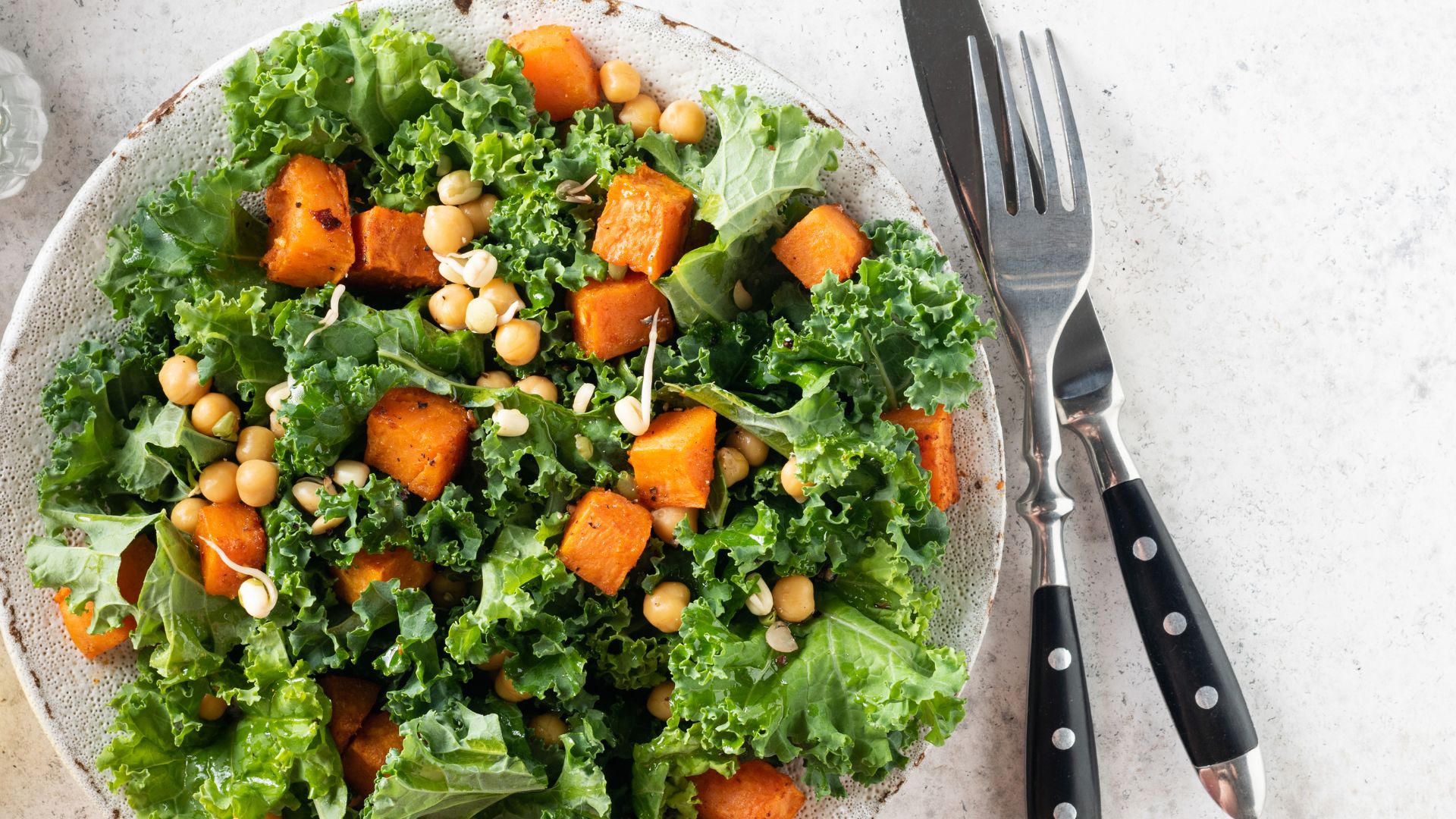
Scientists tested 10 meals to find the perfect food for space travel
By Kiley Price published
Scientists assessed a variety of "space dishes" and determined that the optimal (and tastiest) dish for male astronauts would be a hearty vegetarian salad.
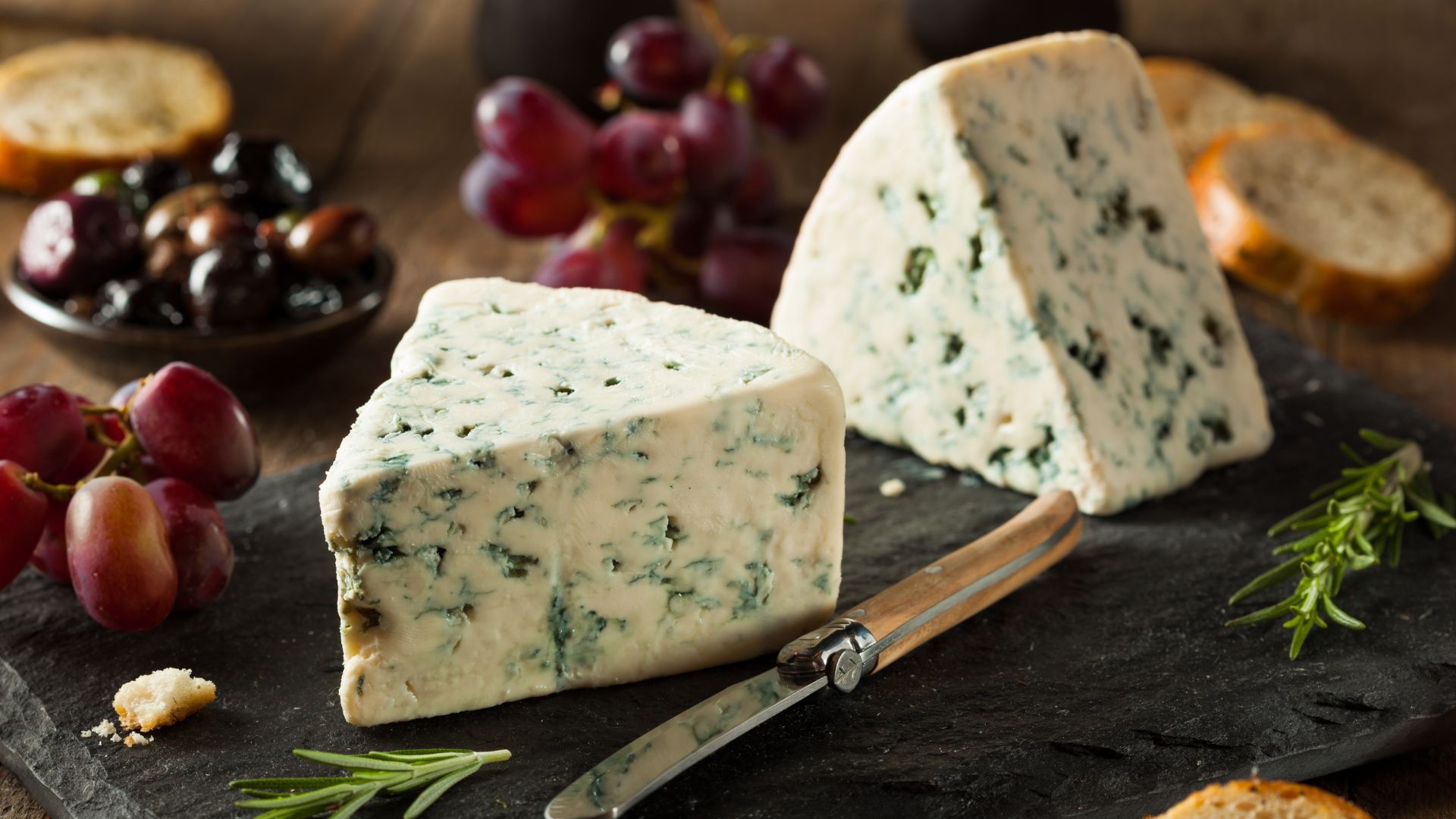
Why is it safe to eat moldy cheese?
By Emily Cooke published
Cheeses such as Stilton and Camembert contain species of mold that are safe for humans to eat. Why?
Sign up for the Live Science daily newsletter now
Get the world’s most fascinating discoveries delivered straight to your inbox.
